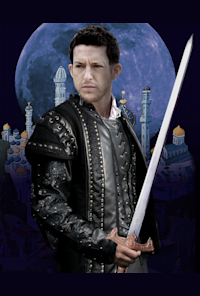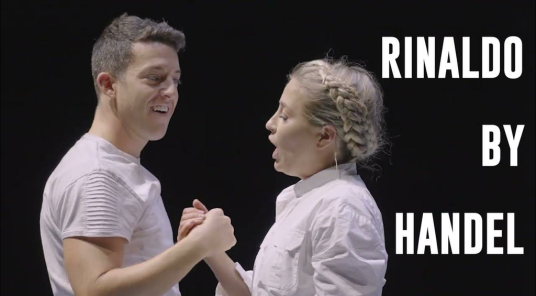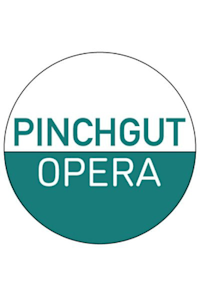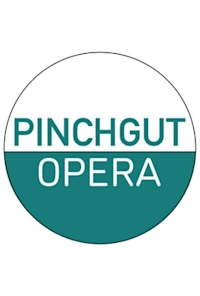An absolute must for lovers of Handel, Rinaldo is a towering Baroque opera and a masterpiece of musical drama. This was the first Italian opera ever written for the London stage, and it catapulted the young Handel to fame and fortune with its brilliant display of arias, duets and orchestral effects, by turns ravishing and thrilling.
In this magical tale of chivalry and cunning, the knight Rinaldo battles the scheming sorceress Armida to rescue his beloved Almirena. This was the first Italian opera ever written for the London stage, and it catapulted the young Handel to fame and fortune with its brilliant display of arias, duets and orchestral effects, by turns ravishing and thrilling.
Countertenor Jake Arditti, who wowed us as Nero in The Coronation of Poppea (2017), returns to dazzle again as the heroic Rinaldo. Emma Pearson (Athalia, 2018) brings her golden and wonderfully flexible soprano to the evil sorceress Armida, and Carlo Vistoli (Artaserse, 2018) brings his beautifully burnished countertenor tones to the role of Goffredo. Stunning soprano Stacy Alleaume (The Loves of Apollo & Dafne, 2021) returns to Pinchgut to delight us in the role of Almirena.
THE HISTORY OF RINALDO
Rinaldo is an opera in three acts by George Frideric Handel to a libretto by Giacomo Rossi based on an outline by Aaron Hill after Torquato Tasso’s Gerusalemme liberata; London, Queen’s Theatre, 24 February 1711 (revised version, London, King’s Theatre, 6 April 1731). Pinchgut Opera will be performing the earliest version - the 1711. Rinaldo features the famous soprano aria ‘Lascia ch’io pianga’.
Rinaldo was not only Handel’s first opera for London but also the first Italian opera specifically composed for the London stage. It was an immediate public success and (despite mocking notices from Addison and Steele in The Spectator) had 15 performances before the close of the 1710–11 season.
In his preface to the libretto Aaron Hill suggested that the earlier Italian operas heard in London had been ‘compos’d for Tastes and Voices, different from those who were to sing and hear them on the English Stage’, and that they lacked ‘the Machines and Decorations, which bestow so great a Beauty on their Appearance’. He had therefore ‘resolv’d to frame some Dramma, that by different Incidents and Passions, might afford the Musick Scope to vary and display its Excellence, and to fill the Eye with more delightful Prospects, so at once to give Two Senses equal Pleasure’.
Handel’s music is certainly both varied and excellent, with much resourceful use of woodwind solos and the addition of four trumpets to the score to produce a wide range of instrumental colour; Armida’s final aria of Act 2 includes the unusual feature of improvised harpsichord solos. In fact, some of the musical material was taken from works Handel had composed in Italy three or four years earlier, often substantially reworked.









